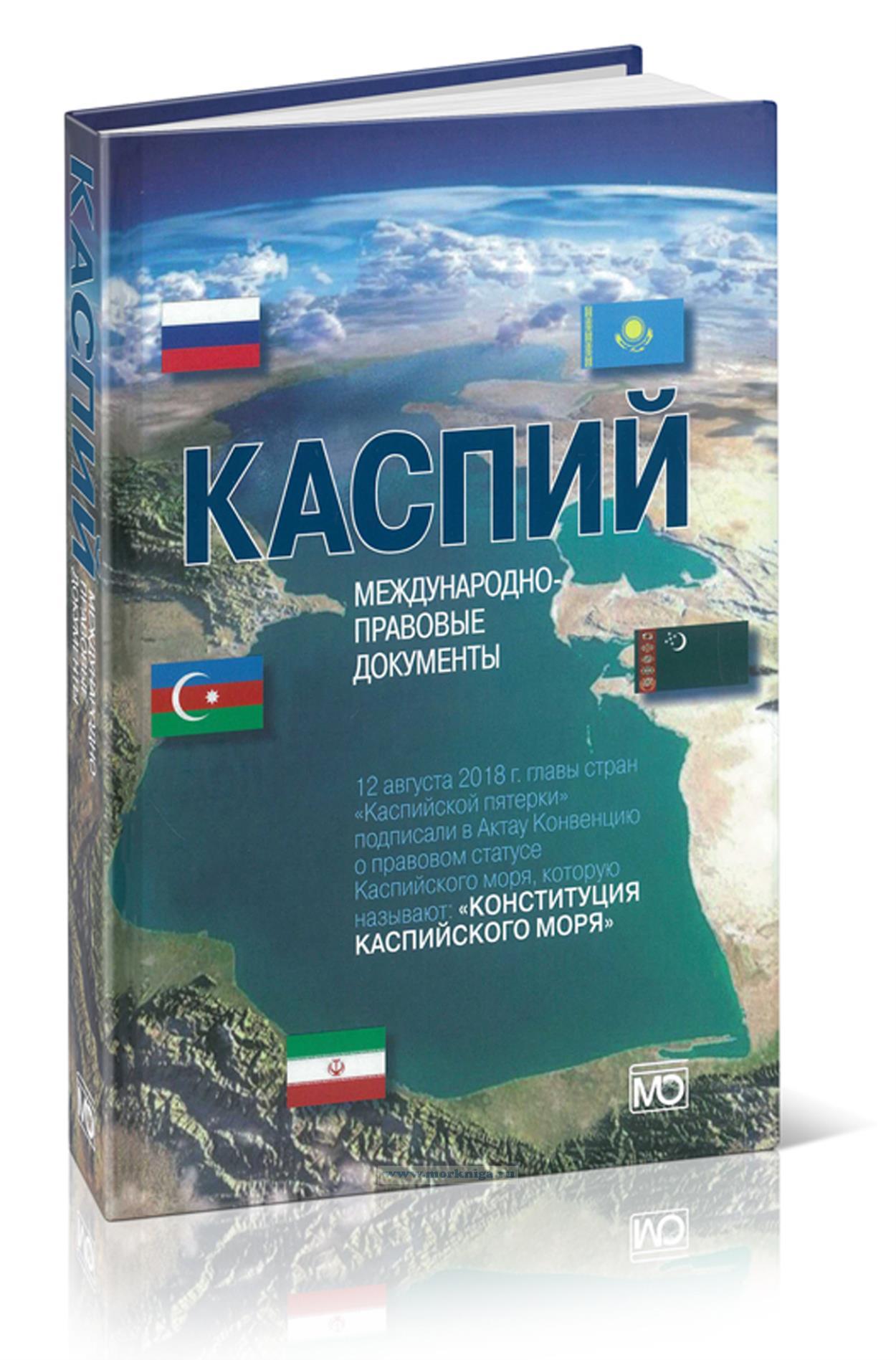Maritime Interception and the Law of Naval Operations/Морской перехват и право военно-морских операций
Издание на английском языке
This book considers the international law applicable to maritime interception operations (MIO) conducted on the high seas and within the context of international peace and security, MIO being a much-used naval operational activity employed within the entire spectrum of today's conflicts. The book deals with the legal aspects flowing from the boarding and searching of foreign-flagged vessels and the possible arrest of persons and confiscation of goods, and analyses the applicable law with regard to maritime interception operations through the legal bases and legal regimes. Considered are MIO undertaken based on, for instance, the UN Collective Security System (maritime embargo operations), self-defence and (ad-hoc) consent, and within the context of legal regimes various views are provided on the right of visit, the use of force and the use of detention. This volume, which has contemporary naval operations as its central focus and structures the analysis as a sub-discipline of the international law of military operations, will be of great interest both to academics, practitioners and policy advisors working or involved in the field of military and naval operations, and to those professionals wanting to learn more about the international law of military operations, naval operations, and the law of the sea and maritime security. Martin Fink is a naval and legal officer in the Royal Netherlands Navy.
Contents
Part I General Aspects of Maritime Interception Operations
1 Introduction: Maritime Interception and the Law of Naval Operations
1.1 Introduction
1.2 Purpose of the Study
1.3 What Are Maritime Interception Operations?
1.4 Maritime Interception Operations and the Right of Visit
1.5 Structure
References
2 Some Introductory Remarks on Naval Operations
2.1 Introduction
2.2 Evolution of the Role of Naval Forces
2.3 Maritime Geography
2.4 Some Operational Points on MIO
References
3 A Short History of Maritime Interception Operations
3.1 Introduction
3.2 Strand 1: Enforcing UN Sanctions at Sea
3.3 Strand 2: The September 11 Attacks
3.4 Strand 3: Enhancing Maritime Security
3.5 Strand 4: Piracy
3.6 The Israeli Interception Operations
3.7 Final Remarks
References
4 The Right for Warships to Intervene on Foreign-Flagged Vessels on the High Seas
4.1 Introduction
4.2 Fundamental Principles of the Law of the Sea
4.3 Limited Exceptions to Non-Interference
4.4 Principles of the Law of the Sea Versus Maritime Security
References
Part II Legal Basis for Maritime Interception Operations
5 The UN Collective Security System and Maritime Interception Operations
5.1 Introduction
5.2 The UN Collective Security System
5.3 Maritime Embargo Operations
5.4 Between Implied and Explicit
5.5 Legal Basis for Explicit Maritime Embargo Operations: Article 41 or 42?
5.6 Article 41 and the Use of Force
5.7 Sub-Conclusion Maritime Embargo Operations
5.8 UN-Mandated Interception Operations Under ‘All Necessary Means’
5.9 Specific Measures
5.10 Conclusions
References
6 Self-Defence and Maritime Interception
6.1 Introduction
6.2 The Right of Self-Defence
6.3 Large-Scale Military Campaigns
6.4 Self-Defence Against Vessel-Borne WMD and Non-State Actors
6.5 Final Remarks
References
7 (Ad Hoc) Consent
7.1 Introduction
7.2 Legal Framework Consent
7.2.1 The Consenting Authority
7.3 Analysis
7.3.1 The “Broken Taillight-Approach”
7.4 Stateless Vessels
7.5 Final Remarks
References
8 International Agreements on Maritime Interception
8.1 Introduction
8.2 The Increasing Role of International Agreements in MIO
8.3 International Agreements and the Law of the Sea
8.4 UNCLOS
8.5 The SUA Convention and Protocol
8.6 PSI Bilateral Boarding Agreements Between the US and Others
8.7 Final Remarks
References
Part III Legal Regimes for Maritime Interception Operations
9 The Right of Visit
9.1 Introduction
9.2 General Remarks on the Right of Visit
9.3 Ad Hoc Consent-Based Right of Visit
9.4 International Agreements and the Right of Visit
9.5 Self-Defence and the Right of Visit
9.6 Non-International Armed Conflicts
9.7 The Right of Visit Conferred Through the UN Collective Security System
9.8 Final Remarks
References
10 The Application of Force in Maritime Interception Operations
10.1 Introduction
10.2 Naval Forces and the Use of Force
10.3 International Law of the Sea
10.4 Applicability of Human Rights to High Seas Interceptions
10.5 The Right to Life in a Naval Operations Dimension
10.6 The Law of Armed Conflict
10.7 Human Rights Law and the Law of Naval Warfare
10.8 Use of Force in UN-Mandated Interception Operations
10.9 Use of Self-Defence Interception Operations
10.10 Final Remarks
References
11 Detention and Maritime Interception
11.1 Introduction
11.2 Operational Detention
11.3 What Constitutes Detention During Maritime Interception Operations
11.4 Prisoners of War at Sea and Crews of Enemy and Neutral Merchant Vessels
11.5 Security Detainees at Sea
11.6 Criminal Detention
11.7 Safeguards and Treatment at Sea
11.8 Detention in UN-Mandated Maritime Interception Operations
11.9 The Freedom Flotilla Incident
11.10 Final Remarks
References
Part IV Conclusions
12 Conclusions
12.1 Introduction
12.2 Legal Bases for MIO
12.3 Legal Regimes in MIO
12.4 Final Remarks
References
Annex A: List of Vessels
Annex B: List of Incidents
Annex C: List of Naval Operations
Annex D: Table of UN-Mandated Maritime Embargo Operations
Table of Cases
Literature
Index





 Международное речное право
Международное речное право  Каспий: международно-правовые документы
Каспий: международно-правовые документы  Международный трибунал по морскому праву. Регламентация деятельности и судопроизводство
Международный трибунал по морскому праву. Регламентация деятельности и судопроизводство